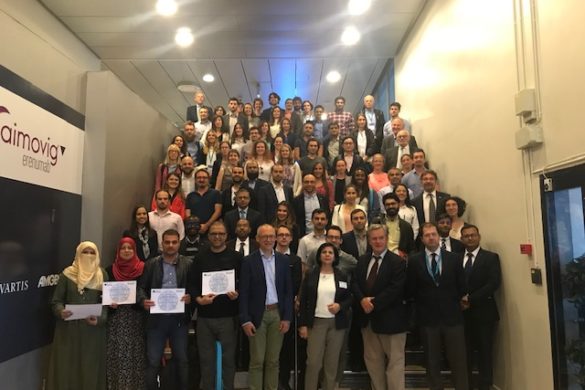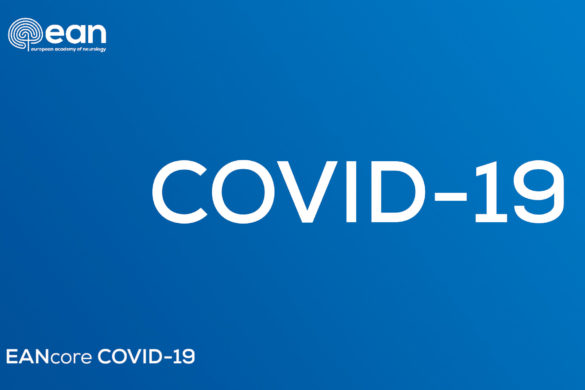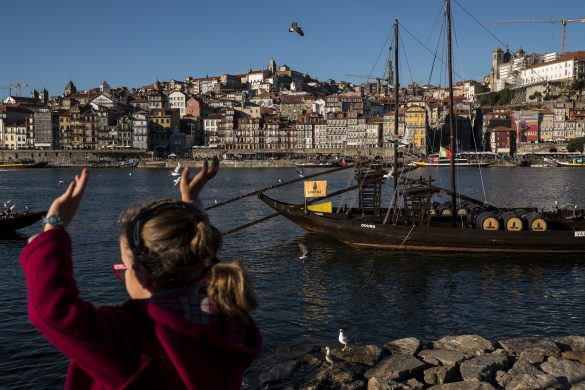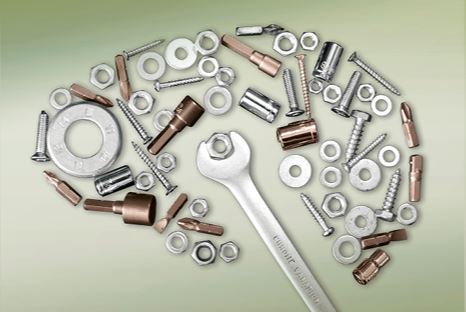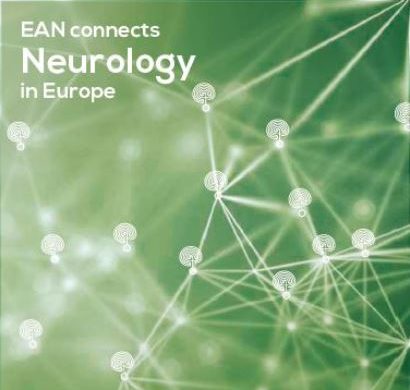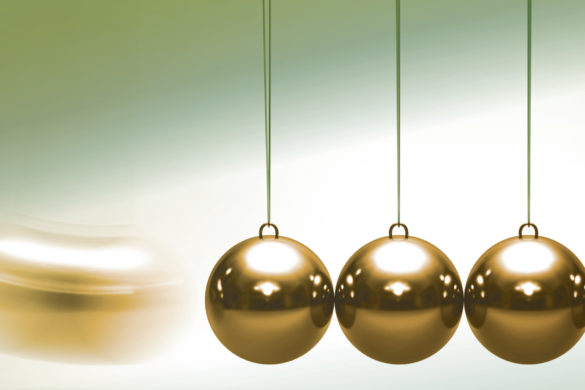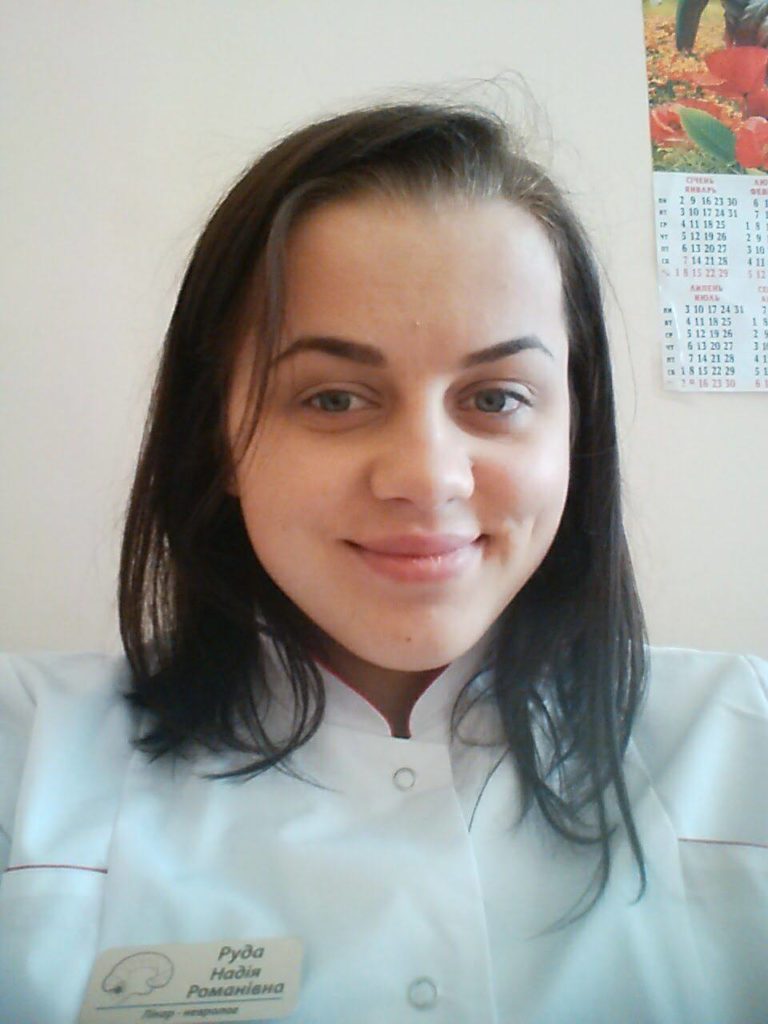
Fellow: Nadiia Marchenko, Ukraine
Term of the Fellowship: 1.4. – 11.5.2019
Hosting department: Department of Neurology, University of Erlangen-Nuremberg, Germany
Supervisor: Prof. Stefan Schwab and Prof. Hagen Huttner
I spent 6 weeks in the Department of Neurology, University of Erlangen-Nuremberg, Erlangen, Germany. It is excellently organized and modern Neurology clinic with neuro-ICU, stroke unit, neurosurgery, neuroimmunology departments, epilepsy centrum and few departments of general neurology.
Because of the sphere of my interest is the cerebrovascular disease, I was pleased to spend time in a stroke unit and neuro-ICU. Every day of my practice was full and active. Working day starts at 07-00a.m. from morning rounds. After this, I have been visiting morning radiology conference, where the patients’ CT and MRI scans from all departments were discussed. Then I have been accompanying the patients on a routine examination and taking a part in the execution of manipulations.
The most exciting for me were calls to the hospital admission office by acute stroke. In the very first hours of my fellowship, I saw thrombectomy, with time from “door do needle” was 40 minutes.
It was very informative to observe the real-time work of the multidisciplinary team, which include neurologist, neuroreanimatologist, neuroradiologist, nurses, sometimes neurosurgeons. I’ve got closer with the peculiarities of diagnosis and treatment of stroke, the necessary set of equipment (especially new for me was automatic pupillometer) for quick and accurate diagnostics of stroke. I noticed the similarities and differences that will be taken into account in my daily work in Kyiv. It was interesting to note the specifics of the organization of work and the dividing of duties among the staff, which greatly facilitate the daily work of a doctor. For example, the multiplicity of shift work and its cyclicity.
The second half of my fellowship was at the stroke unit, where I was able to observe the features of the further stages of treatment and rehabilitation of stroke patients. Especially a lot of new ones I have learned about the treatment of patients with hemorrhagic stroke. I was exciting watching the process of choosing the tactic of treatment of comorbid patients.
All the staff of the clinic was friendly to me and happy to answer my questions, talking about the peculiarities of their work and were interested in medicine in Ukraine. I’ve got a lot of advice about new books, researches, and articles, which I will investigate.
During my internship, I attended weekly magazine clubs and lectures where the latest research in neurology was discussed. The most memorable was the lecture Dr. med. Habil. B. Volbers “Musik(er) und Neurogie: ein gutes Paar?” about the influence of neurology on music and vice versa.
That 6-week gave me much new knowledge, acquaintance, unforgettable impressions and inspiration for development in neurology.
I would like to express my gratitude to the European Academy of Neurology and particularly to Prof. Dr. med. Dr. h.c. Stefan Schwab and Prof. Dr. Hagen Huttner for supervising me and to Magda Dohnalova for handling my application.
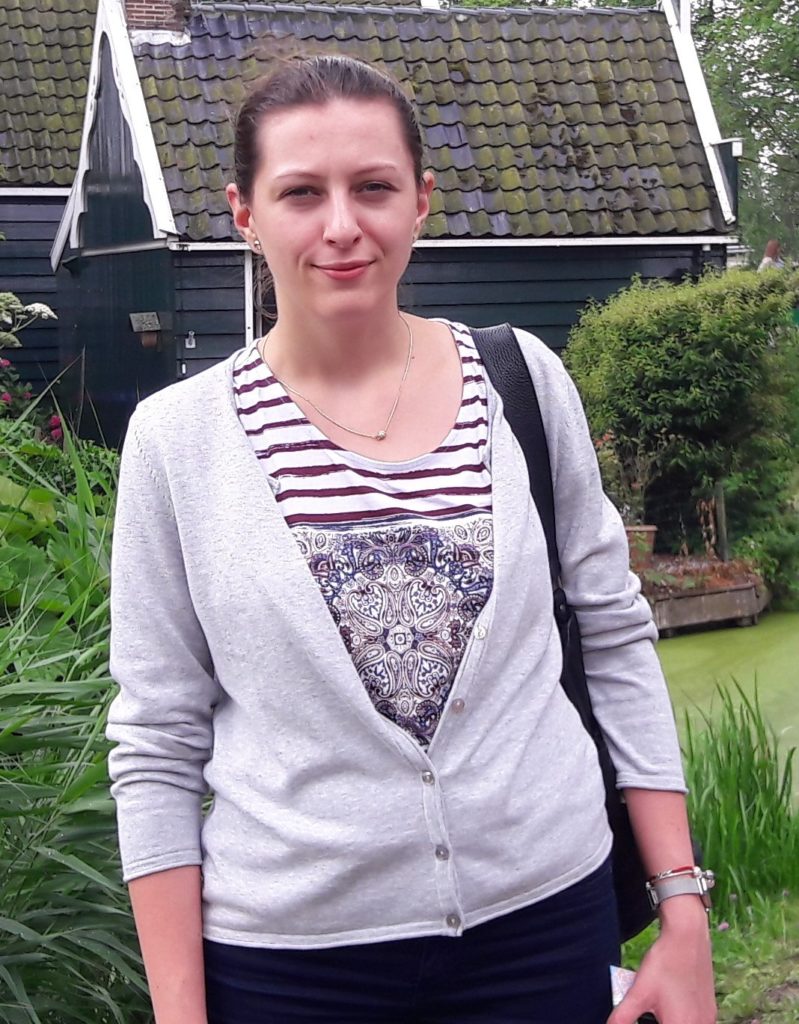
Fellow: Dr Oana Maria Obrisca, Romania
Term of the Fellowship: 4.3. – 13.4.2019
Hosting department: Department of Neurology, St George’s University of London, Cranmer Terrace, United Kingdom
Supervisor: Prof. Mark Edwards
My journey begins on a spring day, 4th of March when I have started the EAN Fellowship. I have been accepted by Prof. Mark Edwards, from St. George’s Hospital, London, UK. The period of my stay was 6 weeks long, although I must admit, I would have enjoyed a longer period. Since it is my last year of residency, I have planned to stay only for 6 weeks, so that I can be back to complete my training.
This fellowship offered me the opportunity to gain more knowledge in the field of movement disorders and functional neurological disease. I was delighted to work with Prof. Edwards, whose kindness, commitment and proficiency truly impressed me.
First of all, I was able to join the clinic of dedicated Movement Disorders specialists. They were kind and friendly during clinic hours and took time to explain certain aspects of disease or treatment options. We discussed a lot about unusual or difficult cases and I was happy to see they asked for my opinion and feedback. I was able to focus on the current available treatments for Parkinson’s disease, especially DBS. Moreover, I attented one DBS surgery for a patient with advanced Parkinson’s Disease and it was a significant experience. We discussed various differences between the protocol from their clinic and the protocol from my country. It was practical and I’ve learned a lot from their approach. I’ve also attended DBS programming sessions.
The second important achievement was learning more about functional neurological diseases (FND). Prof. Edwards is a well-known specialist in this field and I learned so much from the cases I have seen during his clinic hours. He offered me his support for every activity I have attented in the hospital, encouraged me to work also on scientific bits, such as scientific papers and oral presentation. I visited a Neurorehabilitation clinic, which offered the patients with FND a great program of multidiscplinary rehab and I was impressed by their results. It was meaningful for me to know more about FND, since they are underrecognised and poorly managed in my country.
Another important aspect of my fellowship was the city I could live in for 6 weeks. London is a great city, with a great variety of cultural, social and leisure activities. There is so much to see and so many beautiful places to visit. Nevertheless, it is an expensive city, but the grant covered the costs with accomodation (nearly 1000 euro/month on an airbnb room), public transport and a bit of daily expenses (food, cultural activities, going out). For extra trips, it is better to have some savings at you, so that you can travel more.
This fellowship meant a lot to me and was an important step for my medical education and personal development. I have found new areas of interest such as functional movement disorders and I am confident that, from now on, I will be more considerate regarding patients with FND. Also, I have gained more experience regarding movement disorders, in particular Parkinson’s disease and device-assisted therapies. I had the opportunity to meet amazing doctors, from whom I’ve learned a lot and to make new friends. The hospital staff was in general friendly and supportive, so all the administrative challenges were easily tackled. Prof. Edwards was open and constantly offered me his support during my stay.
To conclude, I strongly recommend everyone to apply for the EAN Clinical Fellowship, which can be particularly hepful when people already have a favorite neurological field which they want to explore more. It is a great way of gaining great experience, meeting new people and establishing future collaborations.





